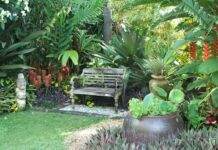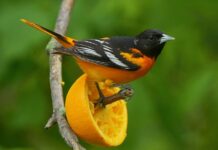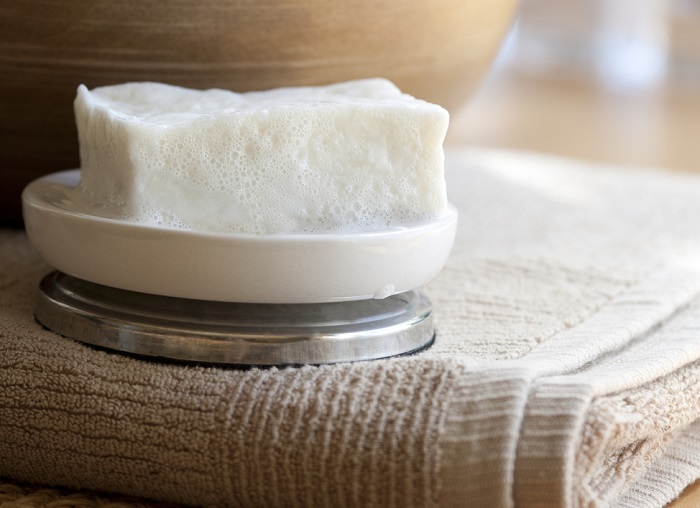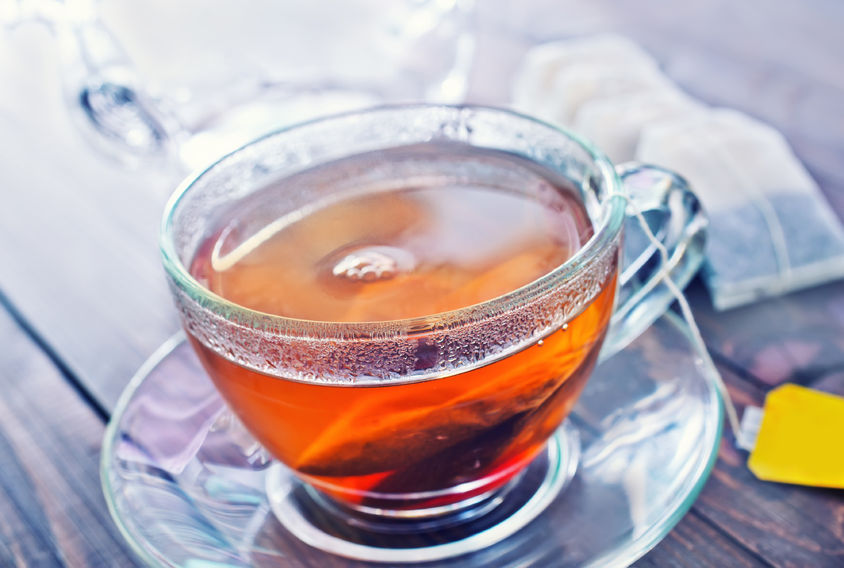If you like gardening and you are about to start a garden or you already have one, you should know that keeping your plants well-nourished is an essential rule to guarantee their proper growth and precisely their richness of nutrients, which will then be the main components in their consumption. Follow the following gardening tips to naturally and properly nourish your crops and achieve an optimal harvest in your private garden.
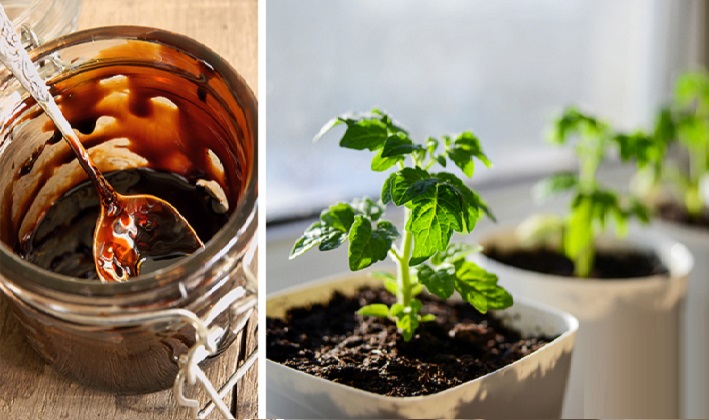
Due to the shift from family farming to large-scale industrial farming, many of our fruits and vegetables lack the number of vitamins and minerals that they once did. According to a study, which focused on 43 different fruits and vegetables, the nutrient content has steadily decreased since records began in the 1960s.
The result? You would have to eat five apples today to get the nutrients you would have gotten from one of them in 1965.
This is only in the United States, but we know that this mechanism is already extended in many countries, where there is the addition of pesticide and fertilizer chemicals. This unnatural change has led many to seek organic alternatives, which cost more or have begun to seek to grow their own garden better.
If you have the time and space to grow your own products, don’t hesitate. There’s nothing like planting your own food and watching it flourish with the added bonus of knowing exactly where the food on your plate came from. It may not always be the easiest task to get started, especially if the soil in your home has run out of the nutrients necessary for a garden to flourish.
There is an immense amount of information on what products to use and how to start a home garden that can be overwhelming, which is the exact opposite of what a garden should be. These are some of the most cost-effective ways to return nutrients to your soil and start your first chemical-free, nutrient-packed garden.
Many of the companies that invest in the gardening industry will have you believe that you need to buy special products to rejuvenate your land, but there are many ways to bring life back to your land and, in turn, the life of your plants from the basics at home.
Gardening tips to add more nutrients to your soil
Compost
Creating a space for organic growth that will provide the necessary nutrients is feasible through composting. Start a compost pile with scraps of vegetable peels, fruit waste, tea bags, plant pruning, grass, eggs, crumpled paper, and much more. All of these helps provide important nitrogen and moisture for healthy soil. Avoid cooked foods, meats, and dairy products. They attract unwanted pests and create an unpleasant smell after a while.
A few weeks before planting time, add a few inches of your compost to your soil. In 2-4 weeks once the plants have started to grow, add some of your compost around the base of the plant for weed control and moisture retention. It also slowly releases nutrients when watered. The more organic matter you have in your compost, the better.
Sheets
Use those leaves that you are going to have to rake anyway and reuse them in leaf mold for your garden. Leaf mold basically breaks down into partially decomposed leaves. You can easily break up piles of leaves by running a lawnmower over the blades a few times. Leaf mold can hold up to 500 percent of its weight in water, helping to retain moisture in the soil, absorbing rainwater, and on hot days cooling roots and foliage. When the leaves become soft and crumbly, incorporate them directly into the ground. This is one of the most accessible gardening tips for your garden .
Molasses
This is a cost-effective, organic way to add a source of calcium, magnesium, potassium, and iron; one tablespoon provides up to 20% of the daily value for each of those nutrients. Blackstrap molasses is the most effective route, but any of the unsulfurized forms of molasses will work as well. Aside from the natural minerals, the natural sugar content will feed the microorganisms in the compost or garden soil.
Coffee grains
If you start your morning with a cup of coffee, this is a great way to use up something that would otherwise take up space in a landfill. The coffee grounds that you already used in the coffee maker help add the necessary nitrogen to your compost pile. You can literally dump your coffee grounds, filters, and everything in the compost pile. Keep in mind that coffee is a green compost material that must be balanced with brown. If you want to use the coffee grounds as a fertilizer, simply add them to the soil around your plants.
Earthworms
Among the most basic gardening tips is the use of worms. These little earth dwellers are great helpers to a successful garden. They eat organic matter (compost) which is then broken down into smaller pieces, making it easier for bacteria and fungi to feed on it and turn it into nutrients for your plants. They help increase the amount of water and air that enters the soil. They leave behind waste (a mixture of manure and the slime from their bodies) that is a great fertilizer and their burrow creates a drainage system. These little billows are quite helpful in any garden.
They will appear naturally if your soil is rich in organic matter. When you start your garden and create the organic matter by purchasing it at first, it’s not a bad idea, but a natural vermi-compost route is great.
Urine
Strange but true. Of course, it contains nitrogen, potassium, and phosphorus – the same three things found in conventional fertilizers – it’s readily available and sustainable! Find a system that works for you and once a day or so, collect the accumulated urine and place it in a watering can to dilute 5 to 10 parts of water and pour the mixture into the soil around your plants. Avoid spraying directly on the plants. Any odor disappears almost immediately after being added to the soil. Urine can be added to your compost as well. Of the gardening tips that few want to execute, but that, in fact, in case you did not know, commonly goes hand in hand with the use of excrement alike. It is one of the best nutrients for plants.
Mix plants
Mixing plants and crop rotation is key to keeping your soil healthy and happy. We cannot survive on just one food and neither can your soil. Some plants provide a lot of organic matter that feeds other plants, some root systems extend far below and others extend horizontally to keep the topsoil and other root systems in place. Some even repel insects.
Having a mix of products is not the no you might have assumed. Mix them up. If you’re really feeling brave about adding edible flowers to the mix, it’s a great touch. It not only adds aesthetics to your new garden but to your dinner plate. Edible flowers are a great addition to any salad, as well as teas and even alcoholic beverages. Take out an Anyatini or dandelion wine with friends for dinner and surprise and wow the entire table.
There you go. With naturally organic and healthy soil, patience, and an attentive hand, you should be well on your way to a flourishing, organic, and profitable start for your new garden. We hope you have enjoyed these gardening tips so that you can start putting them into practice right now.


